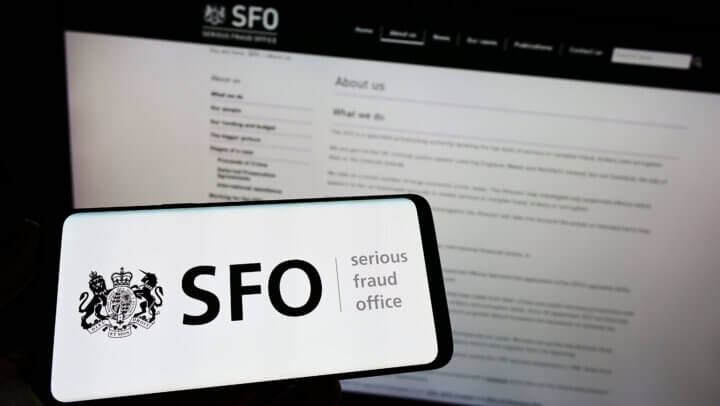BCL partners John Binns and Tom McNeill write for the Solicitors Journal exploring whether the Economic Crime and Corporate Transparency Bill 2022 proposed reforms can strengthen the UK’s reputation as a place where legitimate business can thrive.
Here is a short extract from the article*. If you wish to read the full article, please visit the Solicitors Journal website.
”Reforms to Companies House
Companies House has long been criticised as a gateway for economic criminals operating in the UK and elsewhere, and an effective passport for criminal money entering the legitimate financial system. It is well regarded internationally and provides some legitimacy to UK-registered businesses, but it notoriously lacks checks to prevent widescale and systemic abuse by determined economic criminals. The proposals seek to introduce such checks, including by broadening the powers of the Registrar of Companies so they become a more active gatekeeper over company creation, and a custodian of more reliable data concerning companies and other UK-registered entities. While broadly sensible in principle, the reforms are unlikely to be more than an administrative hurdle for sophisticated economic criminals, not least because the Registrar’s significantly expanded ‘gatekeeper’ role is highly unlikely to be adequately funded.
Cryptoassets
Cryptoassets can be useful in committing crimes, in evading tax, in breaching or circumventing financial sanctions and for laundering money. Cryptoassets have posed difficulties to law enforcement, mainly due to an uncertain legal route to ‘seize’ (as opposed to ‘freeze’ or ‘restrain’) cryptoassets. The proposals include reforming the Proceeds of Crime Act 2002 (POCA) to enable law enforcement to seize cryptoassets during an investigation without first having arrested someone for an offence; enable officers to seize cryptoasset-related items; and enable the courts to better enforce unpaid confiscation orders against a defendant’s cryptoassets. It is also proposed to bring cryptoassets within the scope of civil forfeiture powers in Part 5 of POCA and to enhance investigative powers in Part 8 of POCA, similar to investigatory powers that exist to support the forfeiture of cash, listed assets and funds in certain accounts. These reforms could make a real practical difference in the increasing number of cases where cryptoassets feature. Again, however, the chronic under-resourcing of law enforcement is likely to limit their effectiveness.”
* This article was first published by the Solicitors Journal on 29 November 2022. If you wish you read the full article please visit the Solicitors Journal website.




